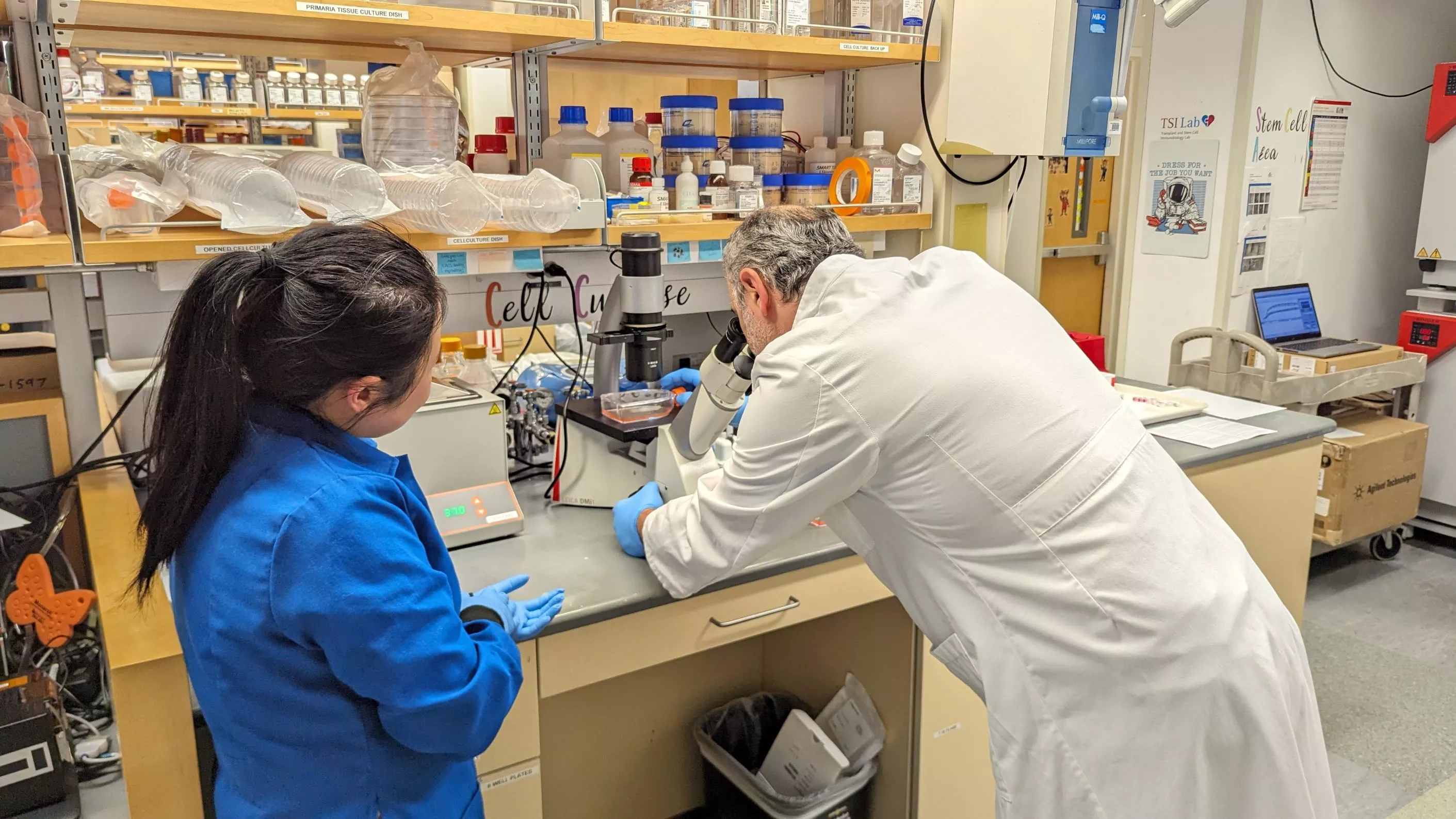Stem cell transplantation is a quickly developing area of research with the goal of replacing, regenerating, or reinvigorating injured tissues. Allogeneic stem cells are often rejected by the immune system of the transplant recipient, drastically reducing their potential positive therapeutic
... Read More
